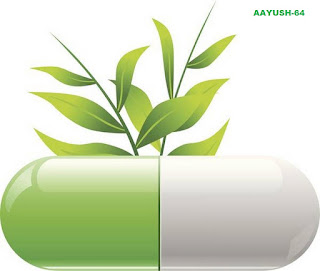Vinati plans Rs. 150-crore expansion in speciality chemicals geared at exports

Vinati Organics Ltd. (VOL) has announced a capital expenditure (capex of Rs. 150-crore) to produce four new speciality chemical products for agrochemicals, dyes and plastic additives industries, and expand its para-tertbutyl benzoic acid (PTBBA) capacity. The capex is expected to complete by FY21-end, and the company expects the projects to make a revenue contribution of Rs. 240-crore at its peak level. All four products are directed at the export market as there is no signifi cant demand in the domestic market. The strategy of introducing new products looks encouraging in the current scenario where VOL’s key product ATBS (60% of FY20 revenue) is struggling to fi nd demand. According to Emkay, an equity research fi rm, COVID-19 has dented demand for ATBS and resulted in a slower-than-expected ramp-up of the newly-commissioned Butylated Phenol (BP) plant. However, recovery in isobutyl benzene (IBB) volume should mitigate the affect of decline in ATBS sales. The fi rm expect benefi ts of the ramp-up in BP and incremental revenue from new products to result in a 20% sales CAGR in FY23. “We raise FY22/23E EPS by 2.7/7.7% on capex plans,” a report said. On a standalone basis, VOL’s net profi t fell 12.2% to Rs. 72.30-crore on 20.4% decrease in net sales to Rs. 231.57-crore in Q1 June 2020 over Q1 June 2019.
IOC to invest Rs. 1,268-crore for Needle Coker Unit at Paradip The Indian Oil Corporation (IOC) board has cleared the Stage-1 approval to install a grassroot Needle Coker Unit at Paradip Refi nery using IOC’s in-house technology. The proposed unit will have a Calcined Needle Coke (CNC) production capacity of 56-ktpa, and the estimated project cost is Rs. 1,268-crore. With the production of CNC, IOC shall enter this niche product segment for the fi rest time. CNC is used to produce graphite electrodes for deployment in the high temperature (2800°C) electric arc furnaces in the steel industry. It is a substitute for natural graphite and offers higher quality consistency. With these technological advancements, CNC is now used to make the carbon anode of lithium-ion batteries used in Electric Vehicles (EVs). “This Needle Coker Unit is yet another signifi cant step by IOC towards de-risking the uncertainty in the POL business. The proposed unit will enhance the Refi nery Gross Margin and will also demonstrate IOC’s capability of supplying indigenously licensed technology in niche product segments,” Mr. S.M. Vaidya, Chairman, IOC, said. Presently the entire CNC requirement of the country (80-100 ktpa) is met through imports. The project can also be replicated at other Indian Refi neries that process lowsulphur-feed in FCCU/RFCCU/INDMAX type of units as a GRM improvement initiative. BPCL launches certifi ed reference material for petroleum labs Bharat Petroleum Corporation Ltd. (BPCL) has launched the country’s fi rest certifi ed reference material for testing chemical components of crude oils. ‘Bhartiya Nirdeshak Dravya,’ the fi rest batch of the certifi ed reference material, is approved by the National Physical Laboratory, New Delhi, which is under the Ministry of Science and Technology. The reference material has a traceability to the International System of Units and is being produced at BPCL’s Sewree Laboratory in Mumbai, the company said in a statement. Reference materials are used to ensure that laboratory instruments perform properly, accurately, and to the standards of predefi ned value.

















